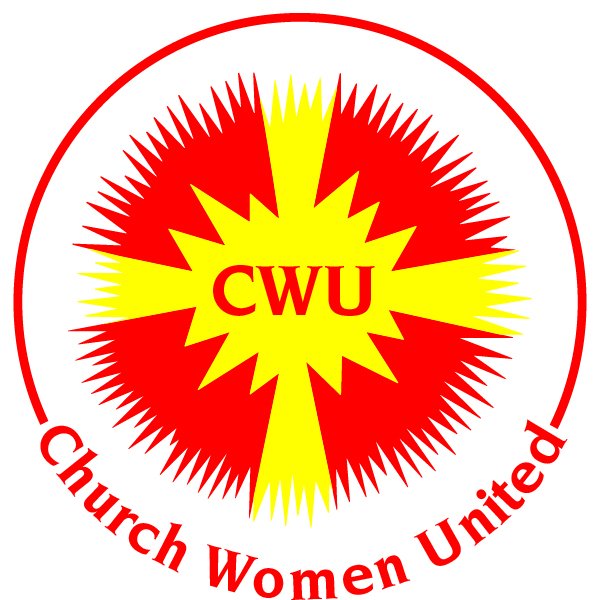Health and Wellness
God’s Word: On hearing this, Jesus said, “It is not the healthy who need a doctor, but the sick. But go and learn what this means: ‘I desire mercy, not sacrifice. For I have not come to call the righteous, but sinners.” Matthew 9:12-13 NIV
Church Women United (CWU) acknowledges the decades long, historic impact of racism, discrimination and, poverty in widening the health and wellness gap on the most vulnerable citizens: Blacks, Hispanic/LatinX, Native Americans, rural populations, immigrants, and working poor are likely to die, endure greater suffering and experience higher rates of almost every kind of disease or illness the medical industry tracks. We face again this inconvenient truth as our nation contends with a fast-moving, border-crossing, color-blind and invisible COVID-19 enemy virus.
The pandemic elevates systematic racism, economic barriers, and social structural impediments in dangerously, visible ways. CWU must work in collaboration with our partners, allies, and local units, to increase access, accountability, and resources to these marginalized communities to ensure they have a fair and just opportunity to be as healthy as possible. Therefore, Church Women United must heighten our activism, advocacy, and prayers to ensure the sick gets a doctor and their lives are protected.
Focus Area: Health Equity
Action Steps:
Familiarize yourself with the National Partnership for Action to End Health Disparities Toolkit for Community
Action: https://minorityhealth.hhs.gov/npa/files/Plans/Toolkit/NPA_Toolkit.pdf.
Educate yourself on the issues of race, poverty leading to health disparities: Unequal Treatment: Confronting Racial and Ethnic Disparities in Health: https://www.nap.edu/read/12875/chapter/1.
Support strategies and technologies for eliminating food insecurity in marginalized communities, urban centers and among rural populations.
Promote equal access to health care, including mental health, affordable care, and preventive medical services to appropriate stakeholders and governing bodies.
Champion public health policy prescriptions with national, state, and local decisions makers that do not adversely sacrifice the sick and poor, while advancing the interests of the privileged and powerful.

